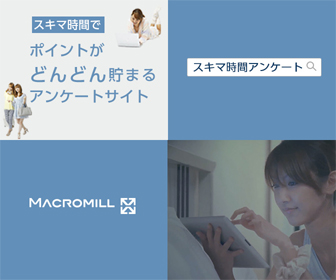Warren Buffett’s Berkshire Hathaway has steadily raised its stakes in Japan’s five major trading houses—Mitsubishi, Mitsui, Itochu, Marubeni, and Sumitomo. Today, it owns close to 10% in each.
The announcement drew global attention. But for many overseas investors, one question lingers: what exactly are Japan’s sogo shosha (general trading houses), and why might Buffett be interested?
What Makes Japan’s Trading Houses Unique?
Japan lacks natural resources—beyond water and air, almost everything must be imported. Trading houses emerged to solve this.
They don’t just buy and sell commodities. Over decades, they evolved into “super intermediaries,” combining multiple roles:
- Securing raw materials for Japanese industries
- Advising companies expanding overseas
- Importing foreign goods and adapting them for the domestic market
- Investing directly in infrastructure, energy, and projects worldwide
For example, Itochu recently secured rights to distribute Campbell’s soup in Japan. Instead of simply importing cans, they adapt the product for local preferences—ready-to-heat or powdered, not “mix with milk.”
This ability to act as both broker and quasi-producer makes trading houses uniquely Japanese.
Why Trust Matters in Japan
One recent event illustrates how Japanese business culture shapes trading houses.
In August 2025, Mitsubishi Corporation withdrew from a large offshore wind power project in Akita and Choshi. Officially, the reason was soaring costs and weak profitability—a rational move in Western terms.
But in Japan, business isn’t judged by numbers alone. Trust (shinyō) is part of the balance sheet.
- Mitsubishi had voluntarily bid low to win the project, then stepped back.
- The concern became: “If Mitsubishi walks away here, can we trust them in future deals?”
- Consequences may include banks tightening terms, or partners preferring rivals like Itochu and Marubeni—both of which reaffirmed they would finish their projects even at a loss.
In Japan, fulfilling commitments—even unprofitable ones—can secure better opportunities later. Reputation is capital.
For Investors: More Than Dividends
Buffett’s interest is easy to explain on one level. These companies pay steady dividends (often above 4%) and are globally diversified. They can weather commodity cycles better than single-sector firms.
But the Mitsubishi case reminds us: evaluating trading houses isn’t just about balance sheets. In Japan, credibility under pressure is as real a risk factor as commodity prices or exchange rates.
Still, investors shouldn’t read Buffett’s move as a simple “buy signal.” His play reflects his own framework, resources, and horizon. What matters is how you judge these companies—whether that includes cultural factors like trust, or a stricter numbers-first approach.
Conclusion
Japanese trading houses sit at the intersection of global commerce and local culture. Their value comes not only from dividends and assets, but also from relationships and reputations built over decades.
Japanese trading houses don’t operate in isolation. They constantly work with governments, banks, manufacturers, and overseas partners. That’s why, for them, trust isn’t a soft value—it’s a hard asset.
One possible reason Buffett is buying Japanese trading houses is that they function like ready-made global portfolios—offering exposure to energy, food, infrastructure, and consumer sectors, along with stable dividends. Of course, this is just one hypothesis; investors should always make their own judgments.
Use his bet as a starting point, not an answer. In Japan, profits matter—but so do promises. And as an investor, your job is to weigh both, then make your own call.
Disclaimer
This article reflects personal views and analysis for informational purposes only. It should not be considered investment advice. Readers should conduct their own research or consult with licensed professionals before making investment decisions.




